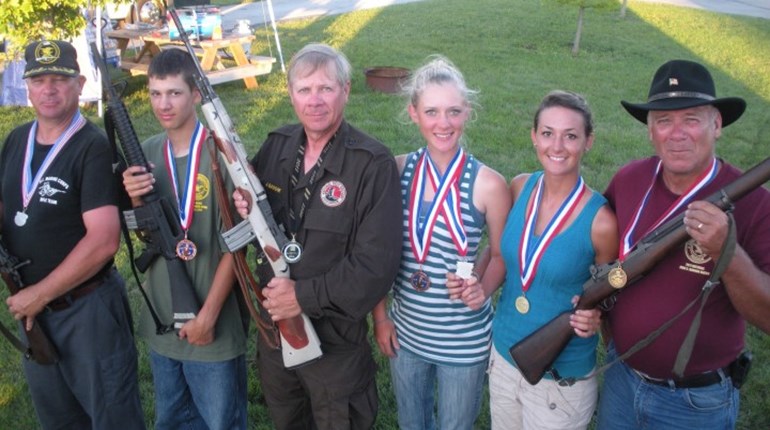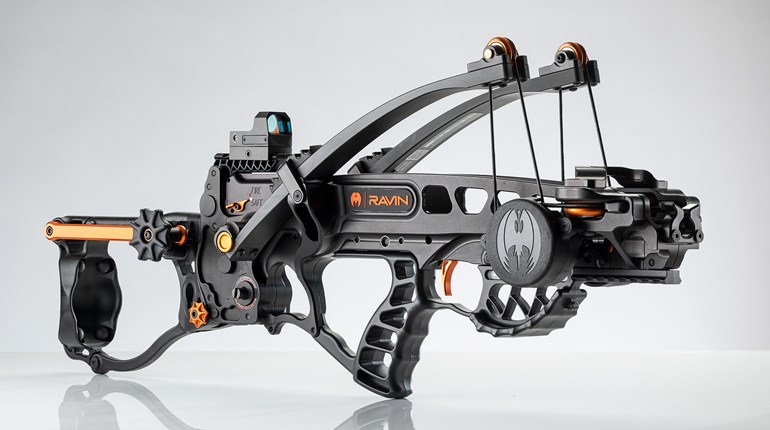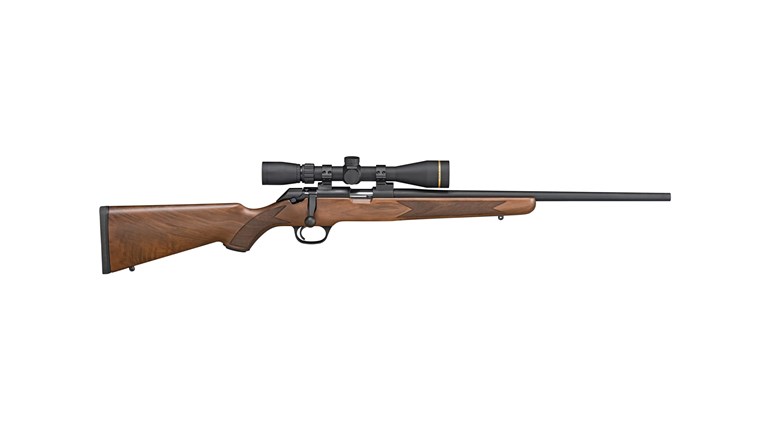
Here are a few details not generally covered by rulebooks or tournament programs, but which are important for prospective competitors to know.
1) Be sure your entry card is filled out completely, correctly, and if handwritten—legibly. Include current classification and special category, when appropriate. For NRA disciplines, your NRA ID number is required as it’s the key to your records.
2) At any match where competitors score for each other, you must make neat, legible figures. There must be no question whether a figure is a “1” or a “7”, and each box on the scorecard must be properly filled in with a figure. For example, in High Power Rifle matches, a miss is an “M”, it’s not an empty space, a dash, or anything else. In any match, an “X” in the first box, followed by a line through the next nine boxes DOES NOT mean 10 Xs, but 1 X and 9 misses.
3) The shooter also has a responsibility to make sure the score fired has been marked on the card properly. If not, take the proper steps to change it through the Range Officer. Never sign your scorecard until you have fired the match and have verified the shot values and total score shown on the card. Once you and the scorer have signed the card, you have accepted the shot values indicated and have no appeal.
4) Know the difference between a “challenge” and a “protest.” You challenge the evaluation of a particular shot. You protest: a) any injustice you feel has been done to you (except the evaluation of a target); b) the conditions under which another shooter has been permitted to fire; or c) the equipment which another competitor has been permitted to use.
5) Be punctual. Better than being punctual, get there early. An hour is sometimes not too long to get squadding, get out your gear, and be ready to participate. If the program states the match begins at 8:00 a.m., you can be 99 percent sure that the first relay will be on the line at 8:00 a.m. ready to shoot. Allow yourself plenty of time to get to the match, especially if the location of the range is unfamiliar to you. Arriving late and rushing about to get yourself and your equipment ready is almost guaranteed to ruin your shooting day, so give yourself plenty of time. If you arrive after the three minute preparation period, you might not be able to shoot at all.
6) Don’t be afraid to go to your first match. Everyone has to start somewhere. Provided you follow the rules, other shooters are always happy and willing to answer questions and help you along.
7) Offer to help out. The vast majority of tournaments are conducted by just a handful of volunteers. Extra help is always welcome. Granted, you have paid your entry fee and are entitled to devote your attention to your shooting, but you can still offer to police the range after the match, put away equipment or any number of other tasks. Without the people who give up their shooting time in order to provide it to others, there would not be a tournament, so do your part as a competitor.
8) Be sure clothing worn to a tournament reflects concern for comfort and safety. This displays recognition on your part that competitive shooting should be represented in a positive manner. This is most important when TV, online or other media coverage will take place, attire should be in good taste in order to maintain the positive image of the shooting sports. In some cases, inappropriate clothing could be the basis for a match sponsor not allowing a competitor to compete.
9) Enjoy yourself. Sometimes it is hard to remember, keep in mind that matches are great fun and are populated by the nicest people in the world—other shooters.
10) Know the rules for the discipline you are competing in. There’s nothing worse than a bitter, uninformed competitor―strive to be better.
Bonus: Check the SSUSA Coming Events section to find matches near you.
Read more articles geared towards new shooters:


































